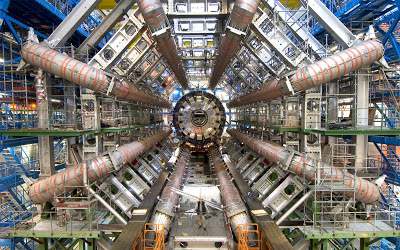"Six million households could face blackouts this winter because of Russia’s invasion of Ukraine, ministers have been warned, as they look to bolster electricity supplies by prolonging the life of coal and nuclear power stations.
The Times has been told that the government’s “reasonable” worst-case scenario, which has been drawn up by officials from across Whitehall, says that there could be widespread gas shortages if Russia goes further in cutting off supplies to the EU.
A minister said the briefing suggested that electricity could have to be rationed for up to six million homes at the start of next year, mostly at peaks in the morning and evening. The curbs could last more than a month, causing energy prices to rise again and leaving GDP lower than forecast for years to come.
Kwasi Kwarteng, the business secretary, has written to the owners of Britain’s three remaining coal-fired power stations to ask them to stay open for longer than planned. They were due to close in September under plans to phase them out entirely by 2024 to reduce emissions.
Hinkley Point B, a nuclear power station in Somerset, could also be given an 18-month extension. The plant, which is nearly 50 years old, was due to be decommissioned this summer. Britain buys less than 4 per cent of its gas directly from Russia but is connected to European markets. The EU typically gets 40 per cent of its gas from Russia and its members have continued paying it hundreds of millions of euros a day since the invasion.
The worst-case scenario is understood to raise concerns that Norwegian imports of gas, on which Britain is reliant, could more than halve because of increased EU demand. Imports of liquefied natural gas, which are brought into Britain by tankers, could also halve because of greater competition.
The modelling is understood to assume that Britain will receive no imports of gas from “interconnectors” in the Netherlands and Belgium as both countries face their own emergencies.
The shortages would force Britain to implement its own gas emergency plans, which would lead to the closure of gas-fired power stations. Heavy industrial users of gas would also be told to stop using it.
The closure of the plants would lead to a shortage of electricity, forcing the government, in effect, to ration. It would be turned off on weekdays at peak times in the morning, between 7am and 10am, and in the evenings, between 4pm and 9pm. Gas supply to homes would be unaffected.
Officials are also said to have drawn up an even bleaker strategy in the event of Russia cutting off gas entirely to the EU. It suggests that energy blackouts could start in December and last for three months, with blackouts both on weekdays and weekends.
The government is in talks with Centrica about reopening a natural gas storage facility off the east coast of England, with more than £1 billion of subsidies. It was closed in 2017 after being deemed too costly to maintain.
There are concerns in government that gas prices could remain high next year as the war between Russia and Ukraine becomes more entrenched.
Last week Rishi Sunak, the chancellor, announced a £21 billion cost of living package to limit the impact of price rises this October, but has not ruled out taking further action next year.
Boris Johnson opened the cabinet meeting last week by asking ministers: “How many of you actually remember the 1970s?” The comments were widely interpreted as a tacit criticism of their youth. Sunak was born in the 1980s.
Miners picketed power stations in a pay dispute, leading to mass blackouts and forcing businesses to close. Edward Heath, the Conservative prime minister, introduced the three-day week in December 1973 to preserve stocks of coal. Nearly all businesses had to limit their electricity use to three days a week and were banned from operating for long hours on those days.
A Whitehall source said: “As a responsible government it is right that we plan for every single extreme scenario, however unlikely. Britain is well prepared for any supply disruptions. Unlike EU countries, our North Sea gas reserves are being pumped out at full pelt, Norwegian rigs are directly connected into the UK, and we have the second-largest LNG import infrastructure in Europe — whereas Germany has none. Given the EU’s historic dependence on Putin’s gas, the winter could be very hard for countries on the Continent.”" Millions warned of power cuts this winter | News | The Times
Well done everyone!
